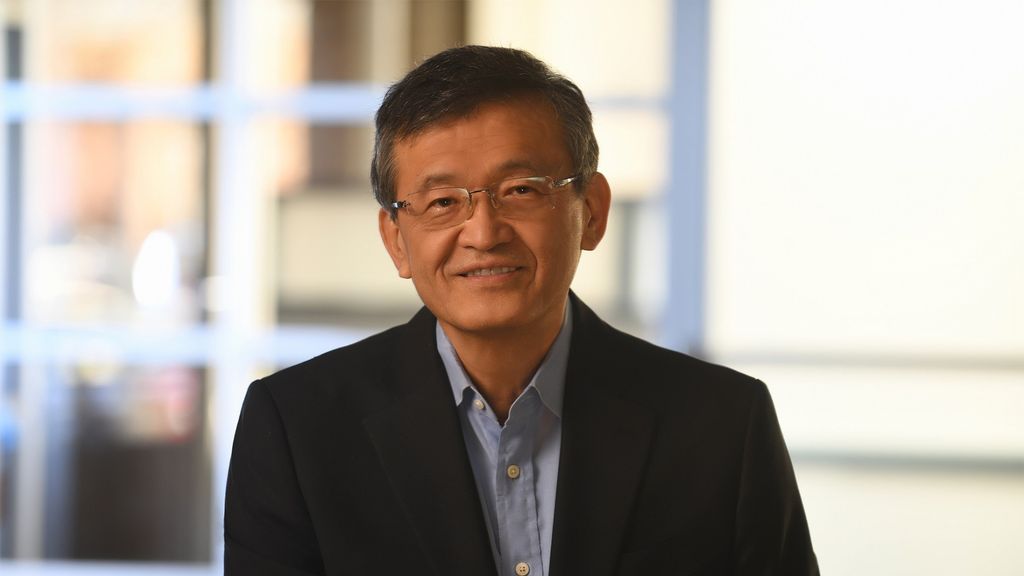
(Image credit: Intel)
U.S. President Donald Trump and the chief executive of Intel, Lip-Bu Tan, met in the White House days after Trump called Tan to resign over conflicts of interest that stem from his company's investments in the Chinese high-tech sector. Trump described the meeting as 'interesting' and said that his cabinet and Lip-Bu Tan will discuss the company's future in the coming days and come up with a proposal next week.
"I met with Mr. Lip-Bu Tan, of Intel, along with Secretary of Commerce, Howard Lutnick, and Secretary of the Treasury, Scott Bessent," Trump wrote in a post at TruthSocial. "The meeting was a very interesting one. His success and rise is an amazing story. Mr. Tan and my Cabinet members are going to spend time together, and bring suggestions to me during the next week. Thank you for your attention to this matter!"
It is unknown what Donald Trump and Lip-Bu Tan discussed during the meeting, but apart from Tan's ownership of companies that have invested in the Chinese high-tech sector, the U.S. government and the head of one of the biggest technology companies in the world have a lot of topics to cover.
Intel is currently struggling to reclaim process technology leadership from TSMC and become a leading foundry in the next several years, as the company is bleeding cash and has to cut down its investments in production capacity and, to some degree, reduce its R&D budgets. Not becoming a foundry is not an option for Intel, as development of leading-edge fabrication processes costs billions, and new fabs cost tens of billions, so to reclaim investments while keeping wafer price reasonable, one needs to produce chips in very high volumes, which is why Intel needs to expand its production to third parties.
Despite struggles and losses, Intel remains a leading chip producer globally, with its U.S.-based operations offering leading-edge production capacities to aerospace, defense, and other critical sectors, making it crucial for national security.
Being a huge company with strong R&D operations, Intel is also important in keeping the U.S. the world's scientific innovation leader. However, recently, Intel had to make large-scale job cuts, impacting U.S. engineering talent, which has an effect on the country as well.
In addition, Intel's business strongly depends on China both in terms of revenue and in terms of supply chain. Among the topics that executives of big American companies discuss these days are probably strategies for reducing dependency on Chinese technology firms, addressing potential conflicts of interest, and future tariffs or export restrictions.
Follow Tom's Hardware on Google News to get our up-to-date news, analysis, and reviews in your feeds. Make sure to click the Follow button.

-
 C114 Communication Network
C114 Communication Network -
 Communication Home
Communication Home


